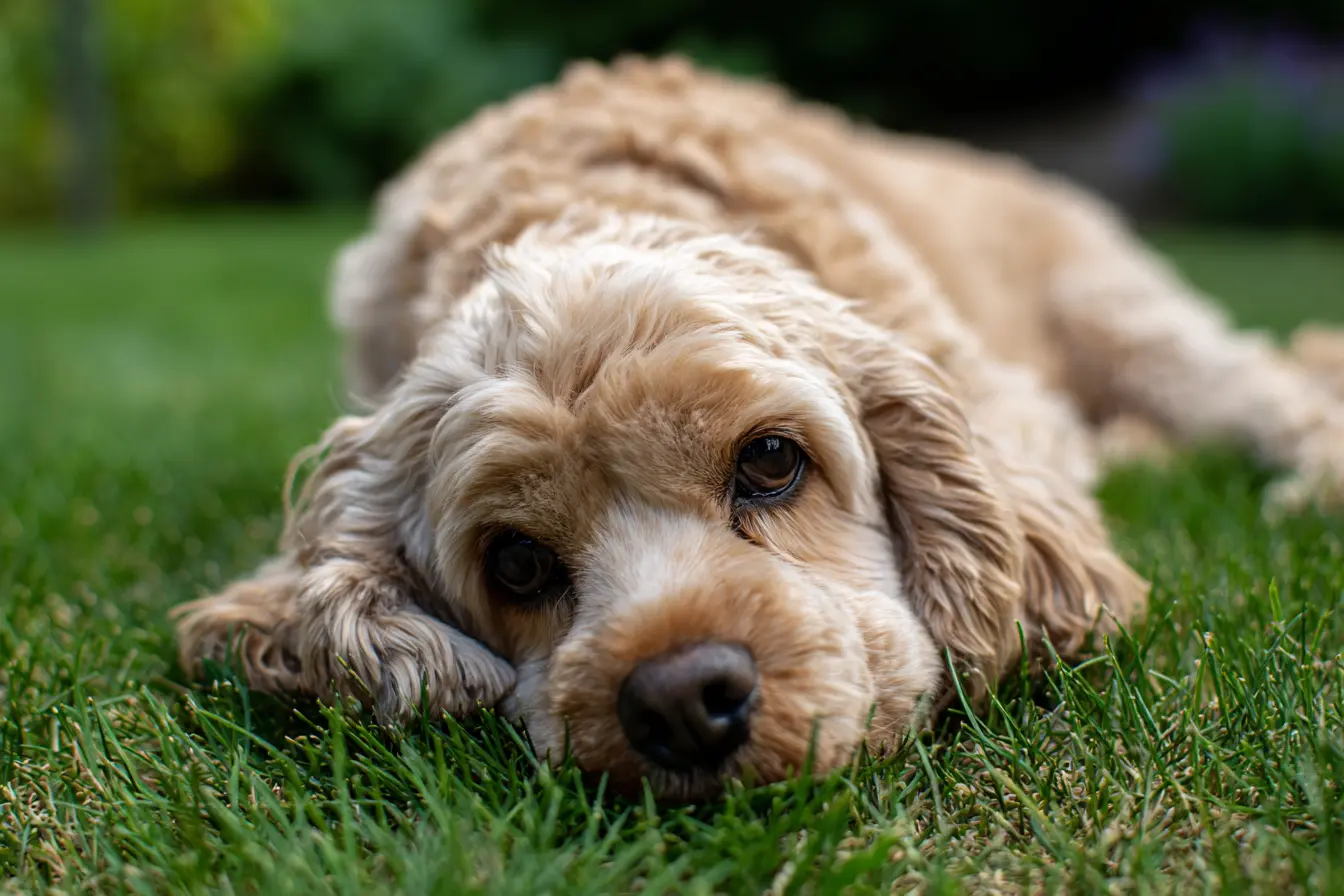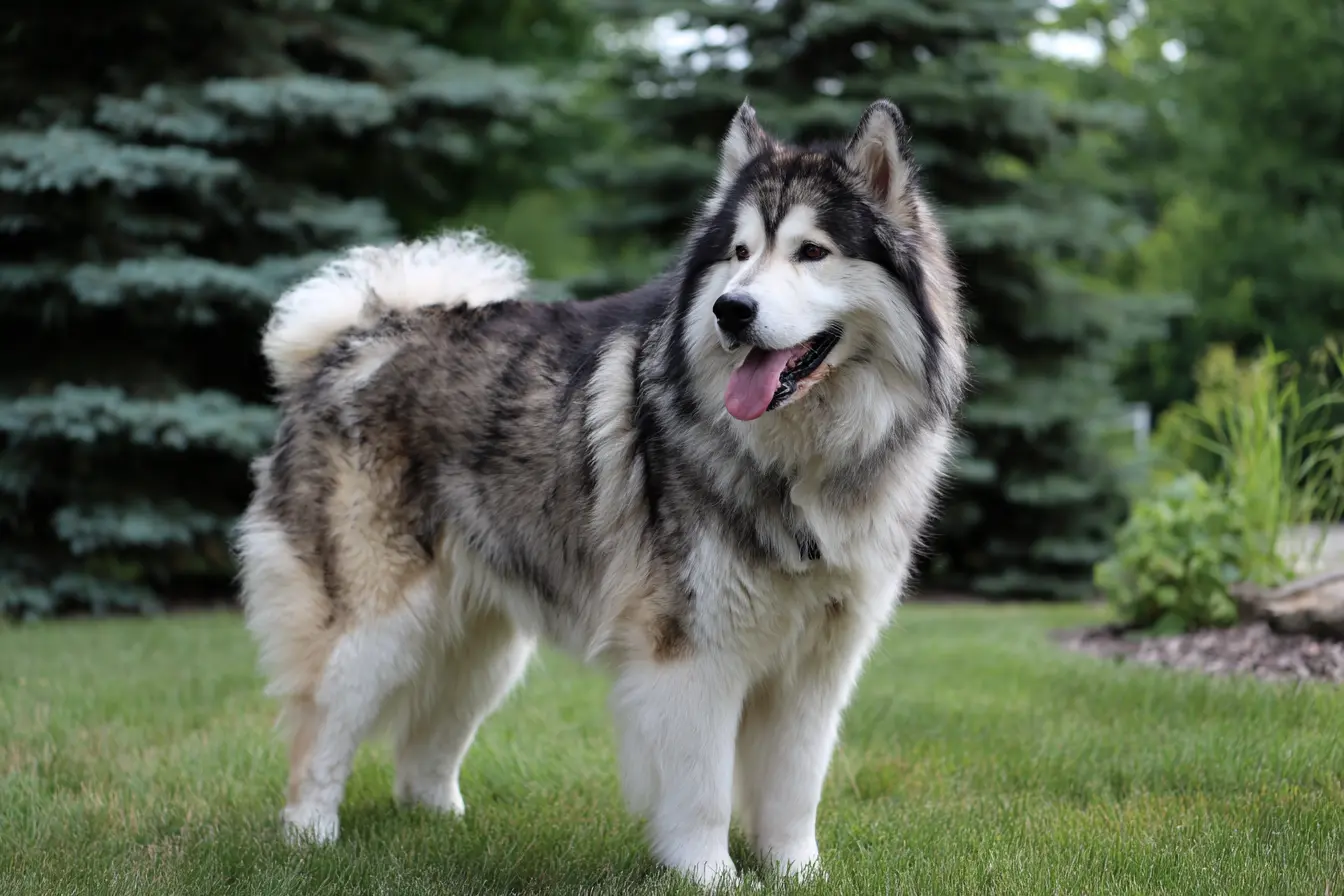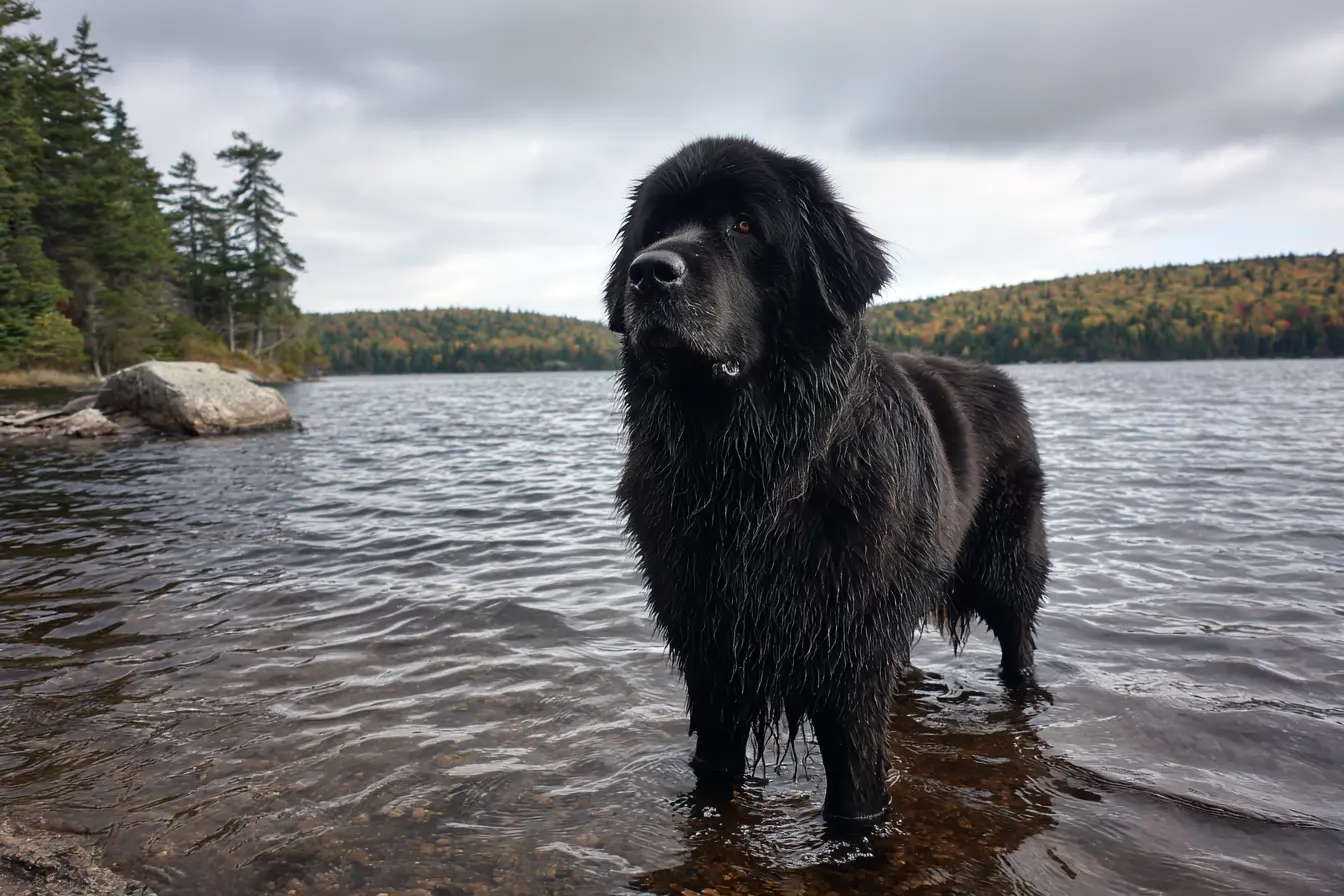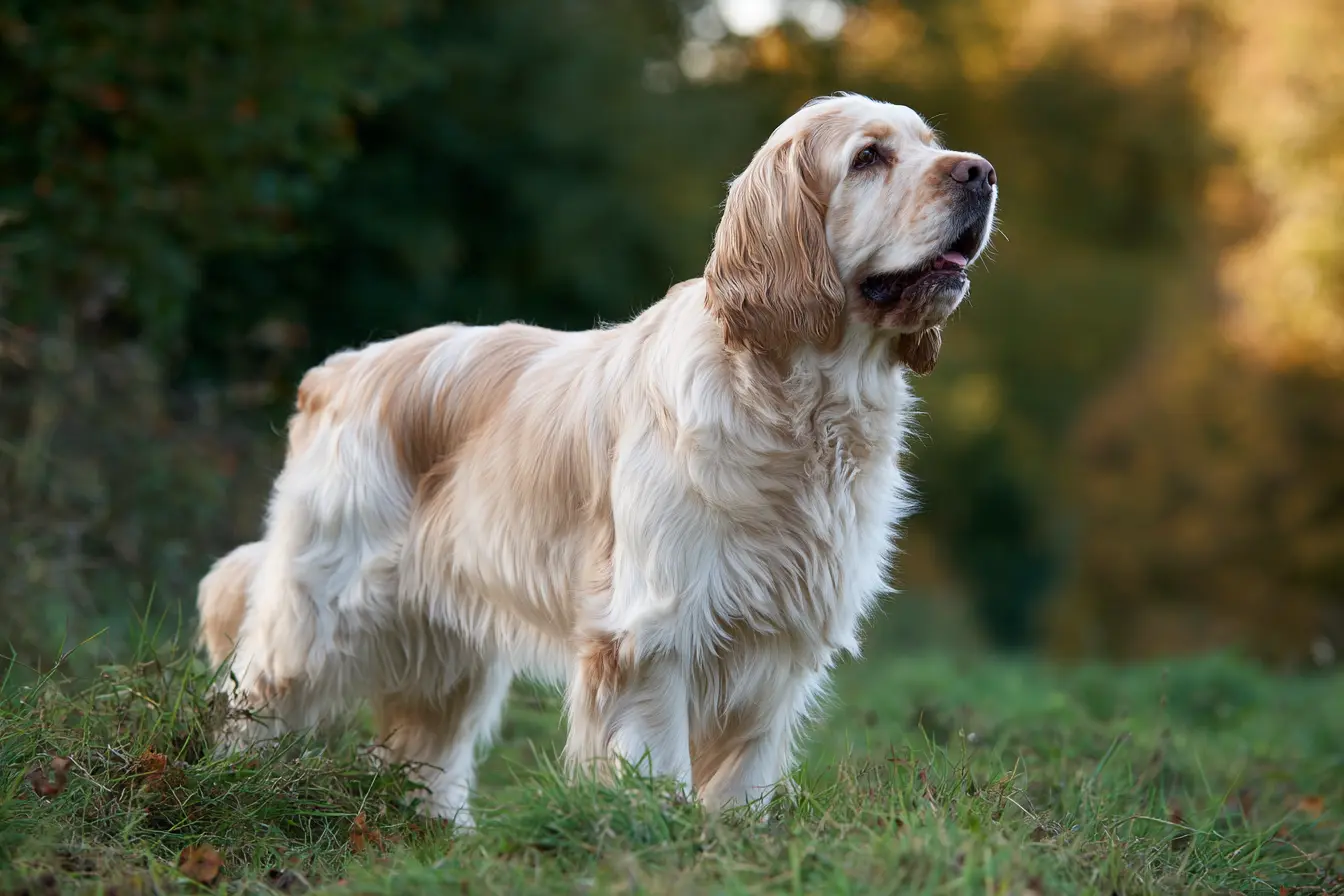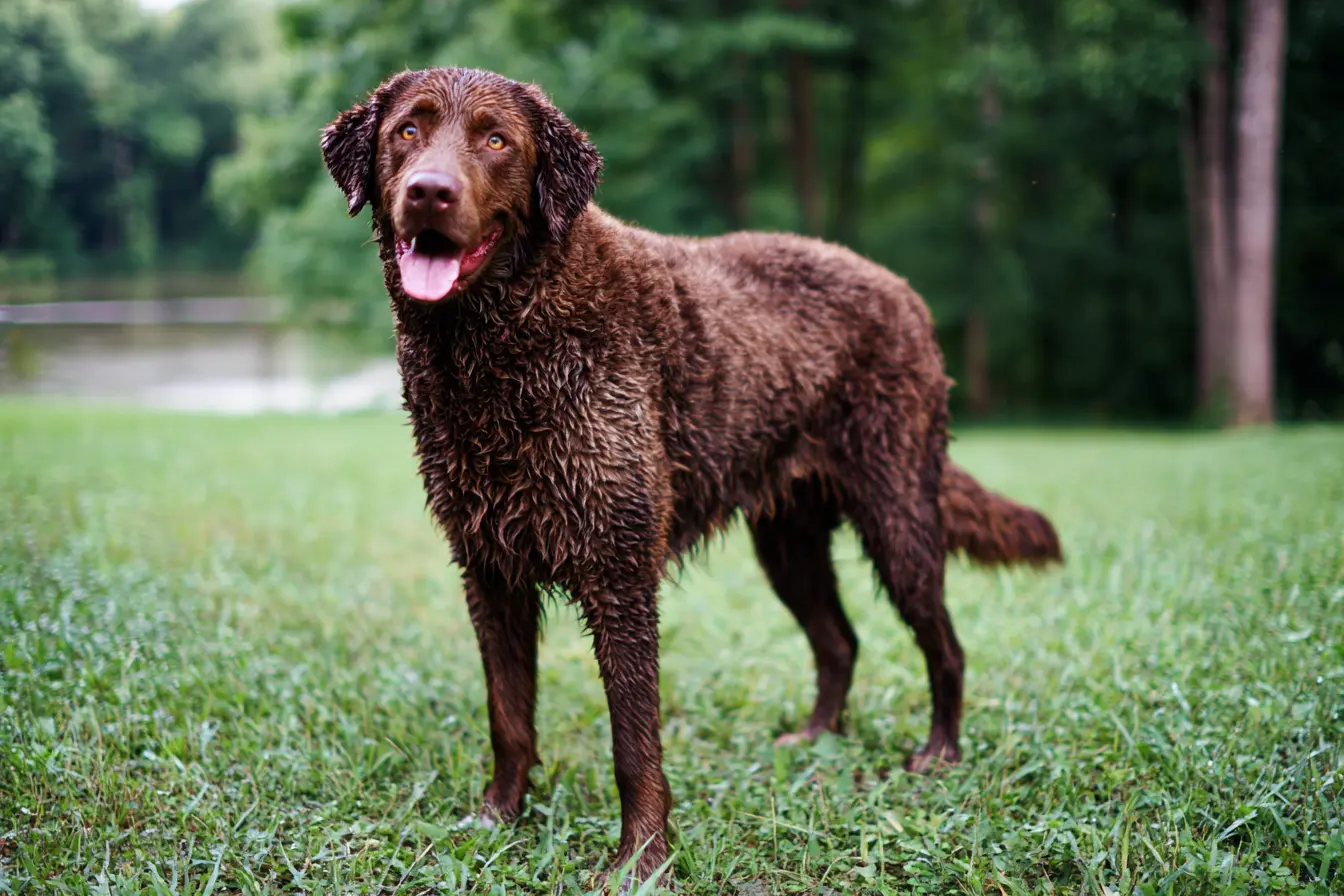
The Curly-Coated Retriever: An Elegant and Versatile Companion
The Curly-Coated Retriever, instantly recognisable by its distinctive coat of tight curls, is one of the oldest retriever breeds. Bred in Britain during the late 18th century, this dog was developed to be a versatile gundog, adept at retrieving game both from land and water. With its elegant appearance, sharp intelligence, and loyal temperament, the Curly-Coated Retriever is a wonderful companion for those who appreciate a dog with both beauty and brains. If you are considering adding a Curly-Coat to your family, it is important to understand the breed’s unique traits, requirements, and character.
Breed Overview
The Curly-Coated Retriever stands apart from other retrievers due to its curly, waterproof coat and confident, independent nature. Once a common sight in the fields of Victorian England, this breed is now less widely known than its Labrador and Golden cousins, but it remains highly valued by those who work with or live alongside them.
Physical Characteristics
- Size: Males typically stand 25–27 inches at the shoulder, while females are slightly smaller at 23–25 inches. Their weight generally ranges from 27 to 45 kg, with a lean but powerful build.
- Coat and Colour: Their hallmark is a dense coat of crisp, tight curls that cover the body, protecting them from cold water and harsh conditions. Accepted coat colours are solid black or liver (rich brown).
- Lifespan: The average lifespan of a Curly-Coated Retriever is around 10–12 years.
Personality and Temperament
Curly-Coated Retrievers are confident, intelligent, and often more independent than other retriever breeds. They are affectionate with their families but can be reserved with strangers, making them slightly more aloof than the typical retriever. This does not mean they are unfriendly, rather, they tend to form deep, loyal bonds with those they know and trust.
They are excellent with children when raised and socialised properly, though their boisterous nature means supervision around very young children is sensible. They often get along well with other dogs, particularly if introduced at an early age, but their hunting instincts should be considered when living with smaller pets.
Exercise and Training
As active working dogs, Curly-Coated Retrievers require plenty of daily exercise. Long walks, runs, swimming, and retrieving games are essential to keep them physically and mentally satisfied. Without adequate stimulation, they may become restless and engage in undesirable behaviours.
Training a Curly-Coat can be both rewarding and challenging. They are highly intelligent and quick to learn but can also be independent thinkers who dislike repetitive tasks. Positive reinforcement, patience, and variety in training sessions are crucial. They excel in activities such as gundog work, agility, and obedience trials.
Health and Care
The Curly-Coated Retriever is generally a healthy breed but, like many larger dogs, can be prone to hip dysplasia and certain inherited conditions. Regular veterinary check-ups and responsible breeding practices help to minimise these risks.
Their coat, while striking, is surprisingly low-maintenance compared to some other retrievers. Brushing is only needed occasionally to remove debris, as excessive grooming can damage the curls. Bathing should be minimal, as frequent washing may affect the coat’s natural oils. Routine attention to nails, ears, and dental hygiene is, of course, essential.
Living with a Curly-Coated Retriever
This breed thrives in active households where it can be included in daily life and outdoor activities. They are not well-suited to sedentary lifestyles, as they require both mental and physical engagement. Curly-Coats can adapt to different living arrangements, including flats, provided they receive sufficient daily exercise and stimulation.
They form strong bonds with their families and may not enjoy being left alone for extended periods. While not as overtly clingy as some retrievers, they still crave companionship and flourish when treated as part of the family.
Is the Curly-Coated Retriever Right for You?
The Curly-Coated Retriever is best suited to experienced dog owners who enjoy training, exercise, and outdoor pursuits. Their independence and intelligence make them less ideal for first-time owners, but those with patience and an active lifestyle will find them to be loyal, entertaining, and highly rewarding companions.
They are excellent for families who love outdoor adventures, whether that involves long countryside walks, water-based activities, or dog sports. However, their reserved nature means they may not suit those looking for a dog that is instantly sociable with everyone they meet.
Conclusion
The Curly-Coated Retriever is a breed that combines elegance, intelligence, and versatility into a striking package. With their distinctive coat, sharp mind, and loyal heart, they bring both beauty and companionship to any home. For those prepared to meet their needs for exercise, stimulation, and patient training, a Curly-Coat will reward you with years of faithful friendship and energetic partnership. Whether working in the field or relaxing at home, the Curly-Coated Retriever is a truly unique and enduring breed.
Contents
Tags
Vets near you
Speciality vets
- Aquatics vet specialists
- Birds vet specialists
- Camelids vet specialists
- Cats vet specialists
- Cattle vet specialists
- Deer vet specialists
- Dogs vet specialists
- Equines vet specialists
- Exotic vet specialists
- Goats vet specialists
- Pigs vet specialists
- Poultry vet specialists
- Sheep vet specialists
- Small Mammals vet specialists
- Wild vet specialists
Vet facilities
- Accessible by public transport
- Blood testing
- Car park nearby
- Client car park
- Dentistry
- Diagnostic imaging
- Disabled public access
- Flea and worm treatments
- Microchipping
- Mobile services
- Neutering
- Open at weekends
- Out-of-hours service
- Referral interests
- Referrals only
- Street parking outside
- Toilets available
- Vaccinations
